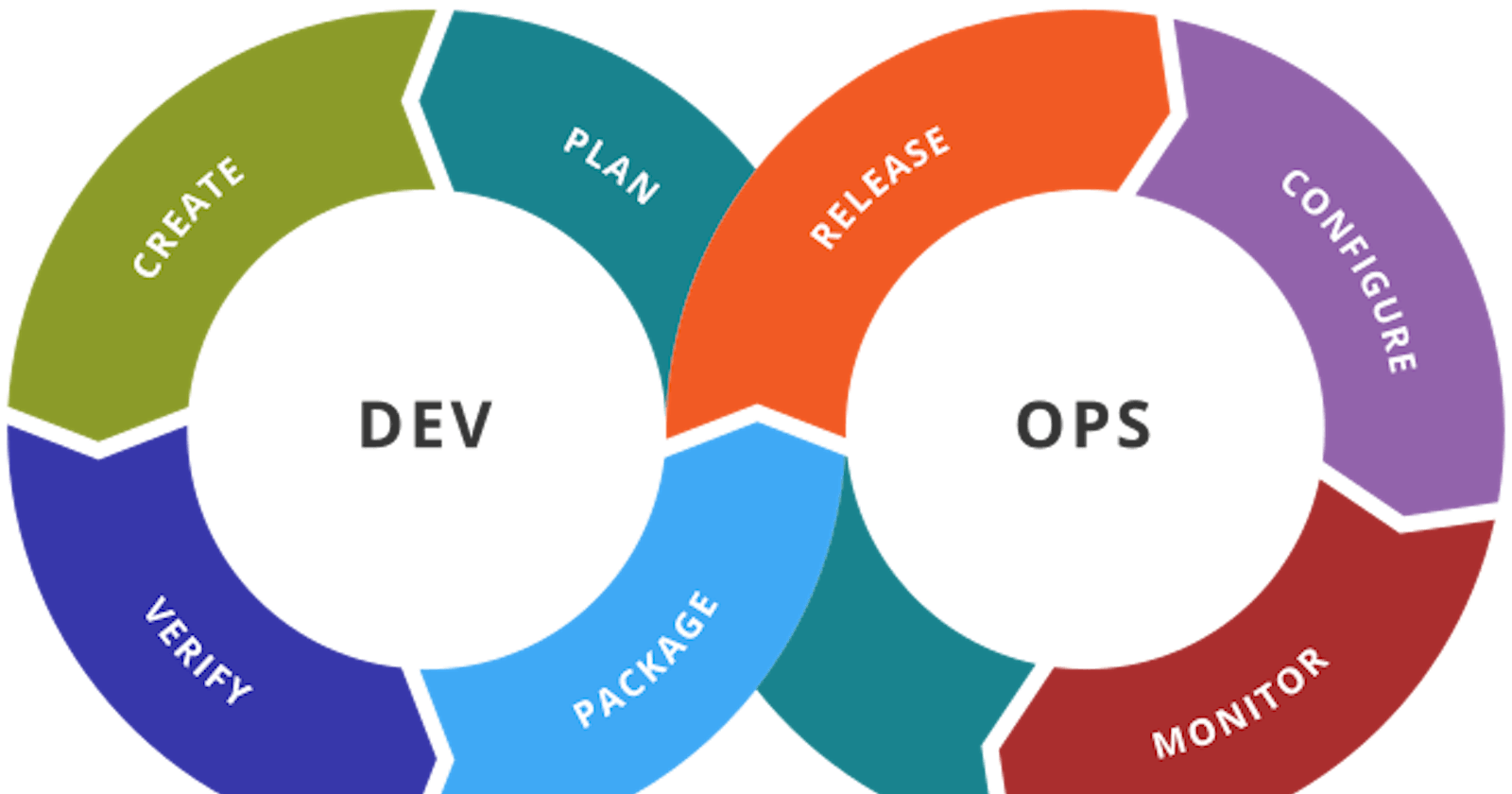DevOps, short for Development and Operations, is a set of practices, principles, and cultural philosophies aimed at improving collaboration and communication between software development (Dev) and IT operations (Ops) teams. The main goal of DevOps is to shorten the development lifecycle, deliver high-quality software, and enhance the efficiency of the entire software development and delivery process.
Key components and principles of DevOps include:
Collaboration:
Cross-Functional Teams: DevOps encourages the formation of cross-functional teams that include members from development, operations, and sometimes other relevant departments. This facilitates better communication and understanding of each other's roles.
Shared Responsibilities: DevOps promotes the idea of shared responsibilities across the development and operations teams. This helps in breaking down silos and ensuring that everyone is aligned towards common goals.
Automation:
Continuous Integration (CI): Developers frequently integrate their code changes into a shared repository, and automated builds and tests are triggered to ensure early detection of issues.
Continuous Deployment (CD): Automated deployment processes ensure that code changes are automatically and reliably pushed to production after passing the necessary tests.
Infrastructure as Code (IaC):
- Automation of Infrastructure: Infrastructure is treated as code, allowing for the automated provisioning, configuration, and management of infrastructure resources. This makes it easier to replicate environments and reduces the chances of inconsistencies.
Continuous Monitoring:
Real-time Monitoring: DevOps emphasizes continuous monitoring of applications and infrastructure to detect and address issues promptly.
Feedback Loops: Continuous feedback loops, including monitoring and user feedback, help in identifying areas for improvement and refining the development and deployment processes.
Microservices Architecture:
- Decentralized Architecture: DevOps often aligns with the microservices architecture, where applications are broken down into smaller, independently deployable services. This allows for more agility and scalability.
Version Control:
- Source Code Management: DevOps relies on version control systems (e.g., Git) to track changes in code, enabling collaboration, rollback to previous versions, and better management of codebase.
Agile Principles:
- Agile Development: DevOps complements Agile methodologies, promoting iterative development, quick releases, and adaptability to changing requirements.
Security (DevSecOps):
- Integration of Security Practices: Security is integrated throughout the software development lifecycle, promoting a "shift-left" approach where security is addressed early in the development process.
DevOps is not just about tools but is a cultural shift that promotes collaboration, automation, and a shared responsibility for the entire software delivery process. It aims to break down traditional silos between development and operations teams, fostering a more efficient and responsive approach to software development and deployment.
